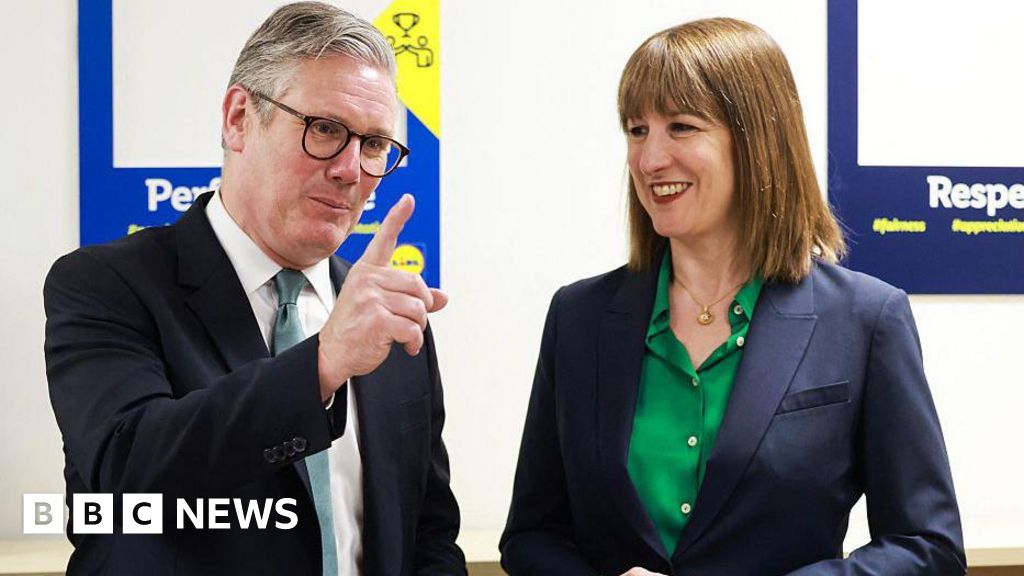Mr Kose said the low growth rate being forecast for the world economy in 2025 meant living standards would not improve “at the pace we saw in the past”.
He pointed out that in the decade before the pandemic, growth on average was more than 3% a year.
“When you look over a longer time period we think growth numbers will come down. That worries us,” he added.
Economic growth is widely seen as fundamental to reducing poverty and funding public services such as healthcare and education.
It is also key to creating the jobs and increasing pay, at a time when inflation remains above the 2% target set by central banks in the eurozone, UK and US.
Governments around the world are grappling with different methods of boosting economic growth, and Mr Kose warned there no magic solutions.
“The bottom line is there is no ozempic for economic growth. Countries need to think about what policies to implement,” he said.
In the UK, the government is looking towards the artificial intelligence industry, while in the US, Trump wants to cut taxes and regulation.
Expanding manufacturing capacity is India’s priority, but China is taking steps to increase consumer spending.
Credit: Source link










